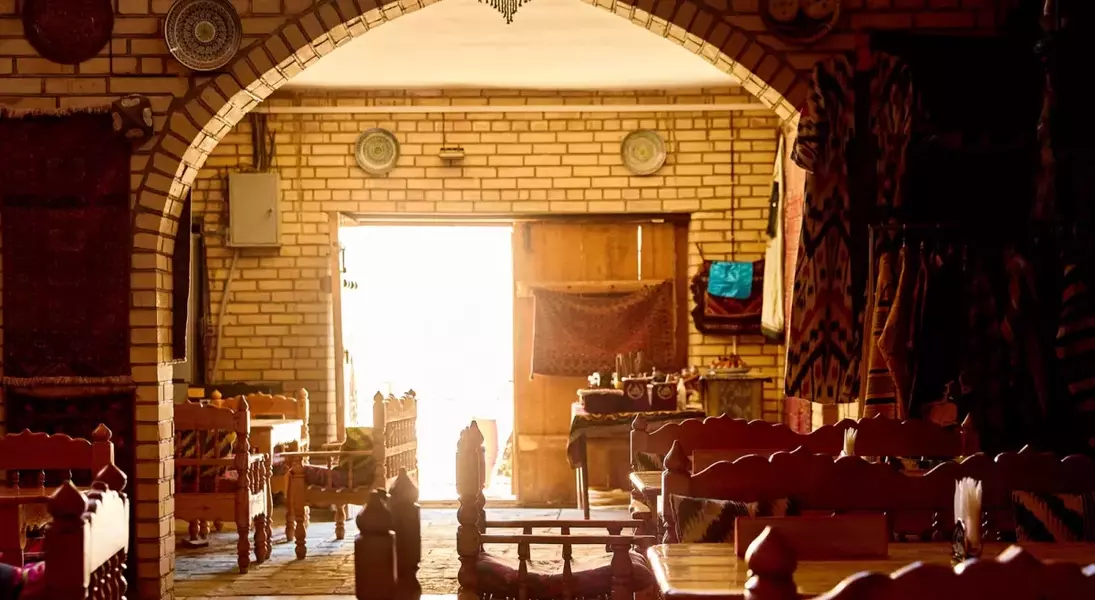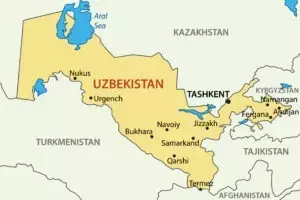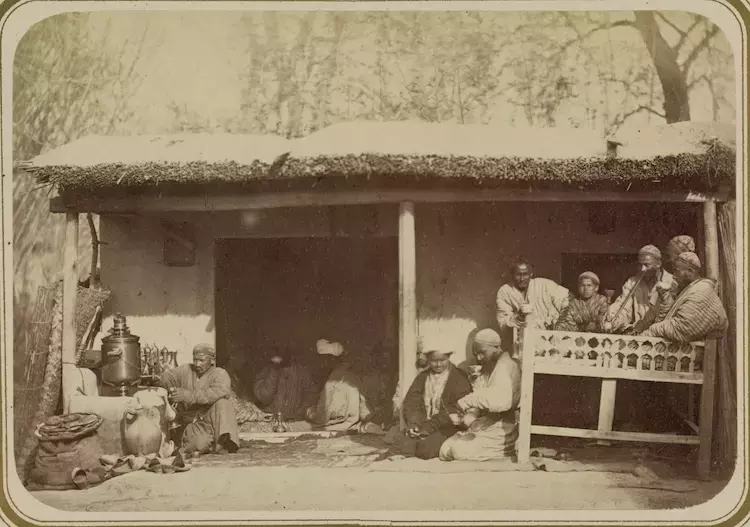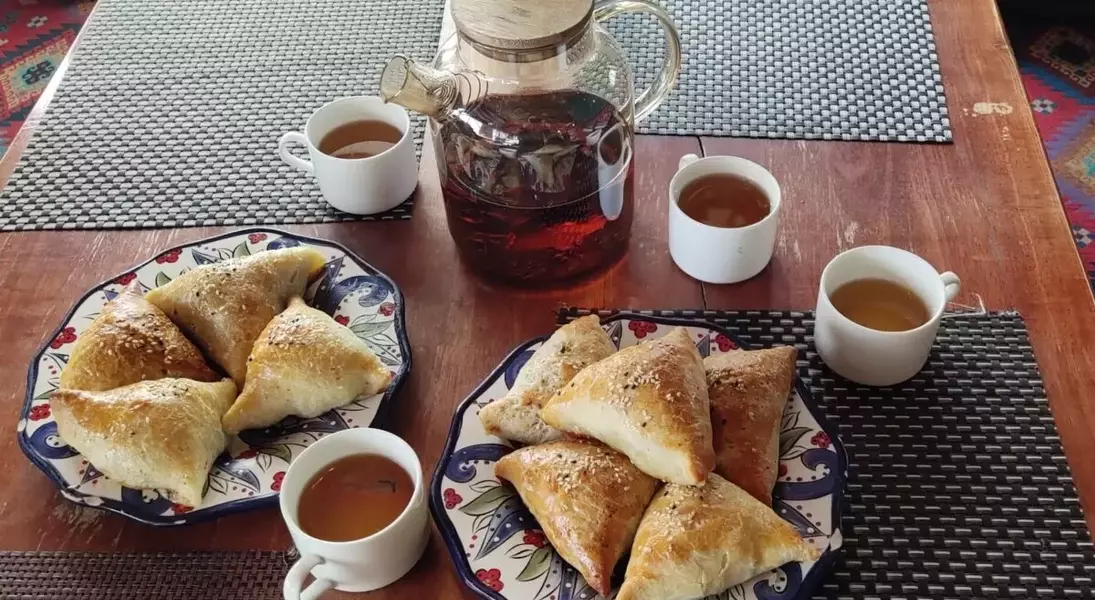







Uzbekistan, a double-landlocked country in Central Asia, boasts a vibrant tea culture that has flourished for centuries. Rooted in ancient Silk Road traditions, tea plays an integral role in daily life, from welcoming guests to solving problems. The country’s preference for green tea (kuk-choy) is evident in its widespread consumption and health benefits. Additionally, Uzbekistan's tea trade has seen significant developments, with imports and exports reflecting the nation's deep connection to this beloved beverage.
The Heart of Uzbek Hospitality: Tea as a Way of Life
In Uzbekistan, tea is more than just a drink; it is a cornerstone of social interactions and daily routines. From morning until night, tea accompanies meals, conversations, and celebrations. Green tea, known for its health benefits, dominates the market, making up 70% of tea consumption. This tradition extends to special occasions, where shirchoy—a high-calorie tea made with milk, salt, and spices—serves as a hearty breakfast substitute. Tea rituals also highlight respect and hospitality, with hosts pouring small amounts of tea frequently to honor their guests.
The significance of tea in Uzbek culture cannot be overstated. Every meal begins and ends with a cup of aromatic tea, often accompanied by treats like navat (crystallized sugar), nuts, and dried fruits. The method of brewing tea, such as "kaitar-maitar," enhances its flavor and symbolizes purity. Teahouses, or chaikhanas, are community hubs where men gather to discuss current affairs over endless cups of tea. These establishments serve not only beverages but also traditional dishes like pilaf, samsa, and various soups. In essence, tea defines the fabric of Uzbek society, fostering connections and warmth among people.
Thriving Tea Trade: Connecting Cultures and Economies
Uzbekistan's tea trade reflects the country's strategic location and historical ties. Imports and exports have grown significantly, with China being the leading supplier. In recent years, a tea train from Huangshan, Anhui province, delivered 570 tons of green tea to Tashkent, marking a milestone in bilateral trade. The signing of an investment agreement in December 2024 to build a railway connecting China, Kyrgyzstan, and Uzbekistan promises further enhancements. This new rail route will reduce costs and transit times, boosting trade efficiency.
The tea market in Uzbekistan is dynamic and evolving. From January to November 2024, the country imported 30,204 metric tons of tea worth $45.2 million, primarily from China, Kenya, Iran, India, Russia, and others. Exports, although smaller, have increased, with approximately 219,010 kilograms of tea valued at $419,040 sent to neighboring countries like Turkmenistan, Tajikistan, Russia, Kazakhstan, and Kyrgyzstan. This growth underscores the importance of tea in Uzbekistan's economy and its potential for future expansion. As the country continues to strengthen its trade relationships, the love for tea remains a unifying force, bridging cultures and economies.
